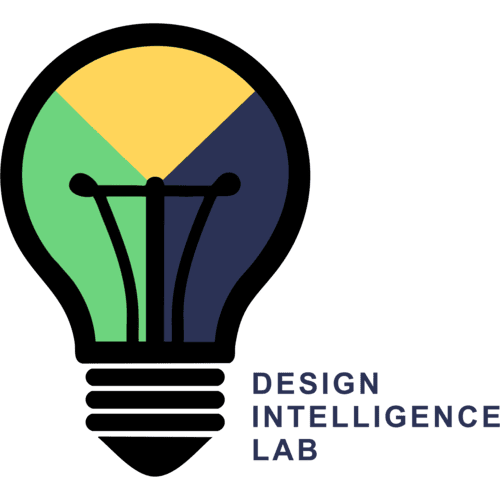Abstract
In order to tackle problems in the modern world, individuals must possess a strong ability to reason about and understand complex systems in a practical and useful way. Past research has indicated that experts and novices possess fundamentally different kinds of understanding of complex systems. Therefore, to adequately prepare students to address problems pertaining to complex systems, it is important to help them acquire an authentic expert- like understanding of these systems. We approach this problem from two angles: first, we create an interactive environment in which students may investigate complex systems in a manner similar to that of scientists and engineers; secondly, we embed metacognitive agents in the interactive environments such that the agents provide situated guidance towards expert-like understanding of complex systems. In this paper, we detail the design of these two systems, referred to as MILA and MeTA respectively, and the way in which they help students obtain a more authentic and advanced understanding of complex systems. We also briefly describe the deployments of these tools in a science summer camp for middle school students and preliminary results of students’ interaction with them.
Facilitating authentic reasoning about complex systems in middle school science education
